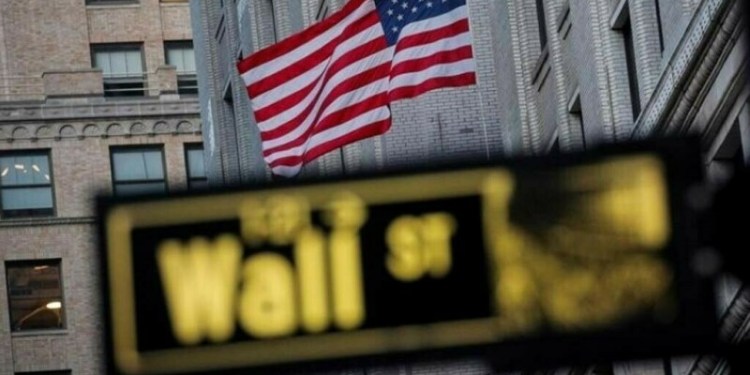LONDON: Russia’s rouble extended losses on Wednesday to hit its weakest since November 2016 as selling continued in the wake of new US sanctions and as geopolitical tensions over Syria rose, with Turkey’s lira also plumbing another record low.
The Russian government has pledged to minimise the fall out from US sanctions levied against Russian businessmen and their companies to punish Moscow for its alleged meddling in the 2016 US election and other “malign activity”.
But this has failed to stem the sell off in the currency, which fell 1.4 percent against the dollar, down around 11 percent since the sanctions were unveiled last Friday.
The rouble also slid beyond a key psychological threshold of 80 per euro to levels last seen in March 2016, as escalating tensions over Syria adding to the sharp risk off move.
The US has stepped up the pressure over a suspected poison gas attack by the forces of Syria’s President Bashar Assad last weekend, clashing with Russia at the United Nations.
“(The rouble) is being driven by headline risk – investors don’t know what’s next,” said Kiran Kowshik, a strategist at UniCredit.
He added that investors were overweight Russian assets with holdings of OFZ Treasury bonds by non-residents at well over 30 percent. “That’s the highest in years, and I think a lot of that’s unhedged. So it makes sense you will see further weakness in the rouble in the near term.”
The Russian Finance Ministry cancelled a regular weekly auction of OFZs on Wednesday citing “unfavourable market conditions” after yields sky-rocketed.
Russian credit default swaps were at 154 bps, up 3 bps from Tuesday’s close according to IHS Markit, but down from the eight-month high of 158 bps touched in the previous session.
Russian dollar debt also found a floor, with the average yield spread of Russian sovereign bonds over safe haven US Treasuries on the JPMorgan EMBI Global Diversified index falling 3 bps to 232 bps.
Moscow shares rose 1.7 percent, although aluminium producer Rusal continued to fall, with the London Metal Exchange (LME) set to suspend the firm’s aluminium from its list of approved brands from April 17.
The Turkish lira fell almost 1 percent to another record low, while five-year credit default swaps jumped to a fresh 4-1/2 month high of 215 bps, up 6 bps from Tuesday’s close according to IHS Markit data.
Kowshik said UniCredit had been consistently bearish on the lira, as inflation was failing to moderate as much as anticipated and it was not clear if the central bank would respond. The tensions between Russia and the US over Syria – which shares a border with Turkey – have added to the woes.
Turkey’s closely-watched current account deficit came in at $4.152 billion in February, below a forecast of $4.2 billion in a Reuters poll, but sharply wider than the $2.566 billion in February last year.
Turkey’s sovereign dollar bonds also weakened across the curve with the May 2040 and January 2041 issues at their lowest since January 2017.
The Kazakh tenge lost another 1 percent to hit a three-month low, following the rouble down.
MSCI’s benchmark emerging stocks index held steady around a two-week high, supported by Asian markets.
Chinese mainland shares and Hong Kong stocks climbed around 0.5 percent after Beijing pledged to allow foreign firms to compete on an equal footing with domestic companies in the financial sector.
The gains came despite data showing factory gate prices cooled to a 17-month low in March, while consumer prices eased from February’s multi-year high as the booming demand spurred by Lunar New Year holiday receded.
In emerging markets in Europe, the Polish zloty dipped from five-week highs ahead of a Polish central bank meeting at which it is expected to keep rates on hold at 1.5 percent. Analysts expect the bank to repeat its message that interest rates could stay at record lows for years.
Source: Brecorder



























